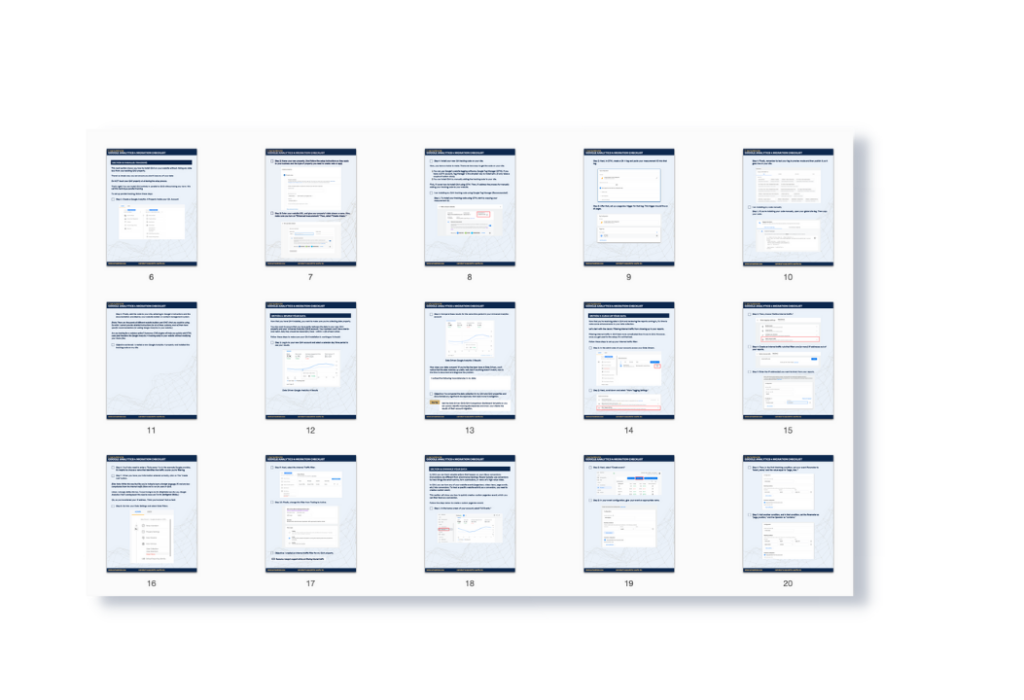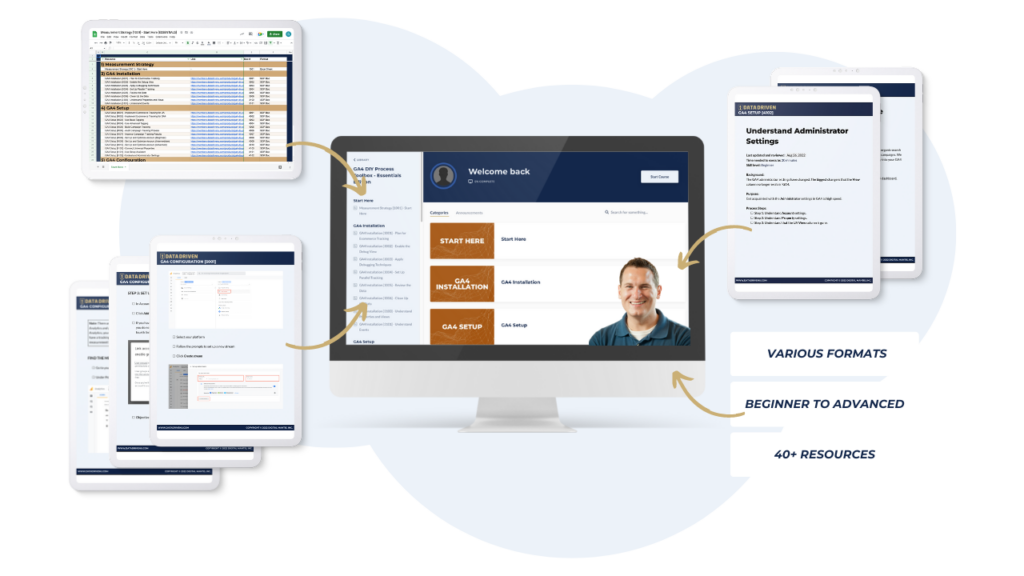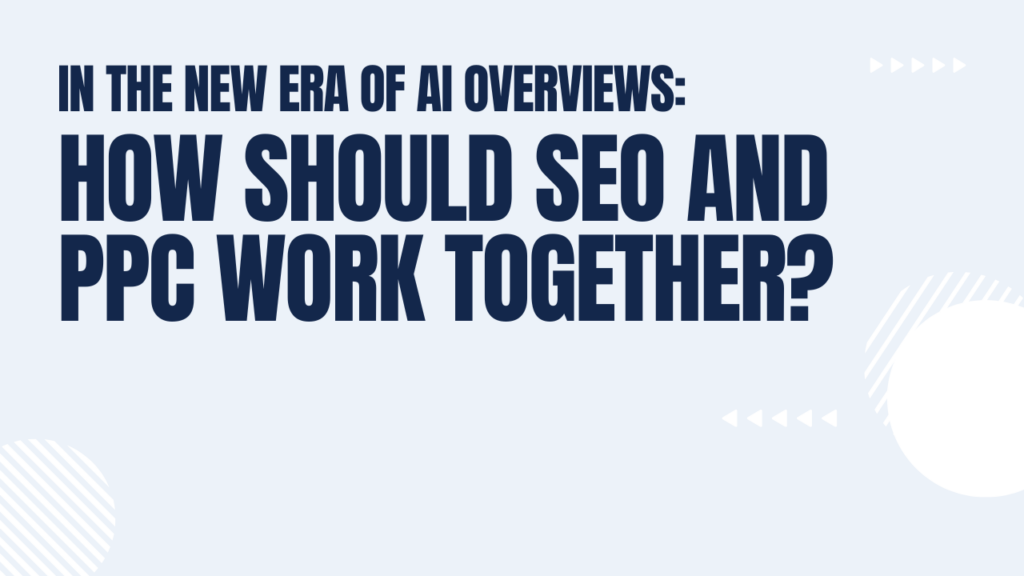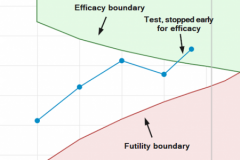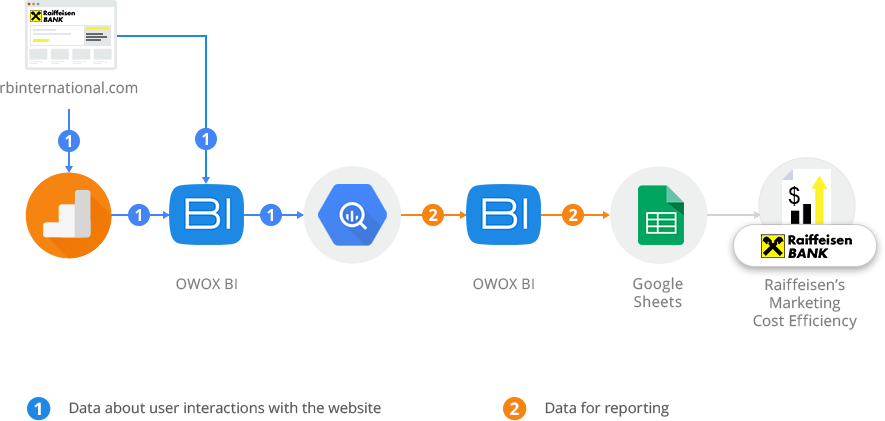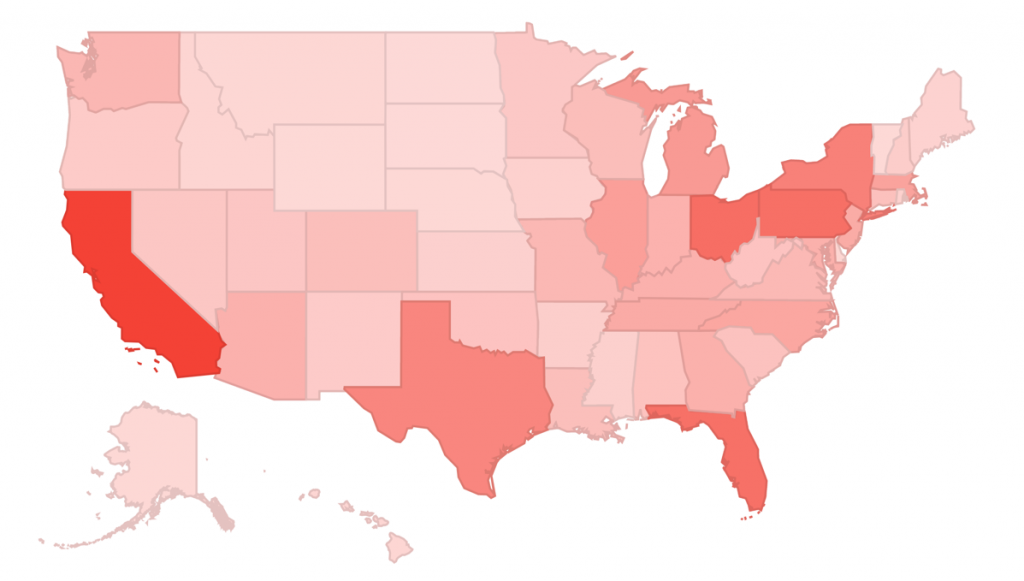This post is not about horse racing but bear with me for a second (the analogy is from my Dad, who loves horse racing).
When I was a kid, I asked my Dad a lot of questions about horse racing. He would say: “No matter how fast the horse is, if the jockey is no good, don’t bet on that horse” (I am not giving horse betting advice here – and take this with a grain of salt; he hasn’t won anything big in the last… uhmmm, 30 years).
You Gotta Love The New Shiny Tool
Now, why am I talking about horse racing? Because there is something that drives me crazy. Tools, tools, tools… what tools do you use? Do you use Google Analytics? Do you use Adobe? Do you use Tableau? What about Power BI? It’s cool… you get it. Whenever I talk to someone from the industry, I usually get a tool question, pun intended. Everybody wants to know what tool I use at work. And as you will find out by the end of the post, this has been bothering me for a long while because I, to be totally honest, don’t care about the tools you use. I used pretty much every tool out there from Adobe to Webtrends to multiple versions of Google Analytics but what I care most about is what you do with the data these tools spit out.
I’ve been fortunate (!) enough to spend some time with Executives, and I was never asked about the tools I use. They don’t give a damn about my tools. It’s all about the analyses my team does and the impact these analyses have on the business.
Perfect Data: The Utopia
If you’ve been around for a while, you will most likely agree with me that data has never been and will never be perfect. Period. I talk to friends who work at the top 10 banks in the world and it’s the same story. There will always be some problem: the data collection methodology is different in the new system, there was a bug in the code, the implementation was inaccurate because the developer forgot to append a semicolon, the analyst didn’t write the requirements based on what the business asked for, QA didn’t do its job properly because they didn’t invest enough time before the release, yada yada yada.
As analysts, I think our job is not to make the data perfect (I am not suggesting that you shouldn’t try) but as long as your dataset aligns with the business question / challenge in hand and you understand how it’s collected and pulled, you should be in good hands. And this doesn’t have anything to do with the tool, the horse; it’s always about the analyst, the jockey.
 Source: Tyler Baze and other Jockeys
Source: Tyler Baze and other Jockeys
If you tried to hire in the last couple of years, I am sure you are aware of the challenges regarding the talent or lack thereof – there are not enough of us. I would, without hesitation, give away my best tools in exchange for a great analyst. An analyst who understands the business well, who understands the system both from the technical and business perspective, is worth more than some shiny tool. And to be blunt, if you ask me about the tools we use in an interview, I will probably thank you for coming in and wish you luck (unless if you are an entry level analyst of course).
I’d Prefer an Abacus
In summary, if you have deep enough pockets to be able to put the best analysts in front of the best tools, go right ahead. You are going to ace your game. But if you have to cut down on your hiring budget to be able to afford the next shiny tool, I would recommend that you think twice. I’d rather give an abacus to a great analyst than give the Most-Universally-Powerful-Super-Automated-Cool-Attribution-Model generating tool to the average analyst.
So let’s talk about analysis, let’s talk about the business challenges, let’s talk about the impact on business when we talk about digital analytics – not tools.
Oh, we use Google Analytics Premium and Google BigQuery at autoTRADER… in case you are wondering!

